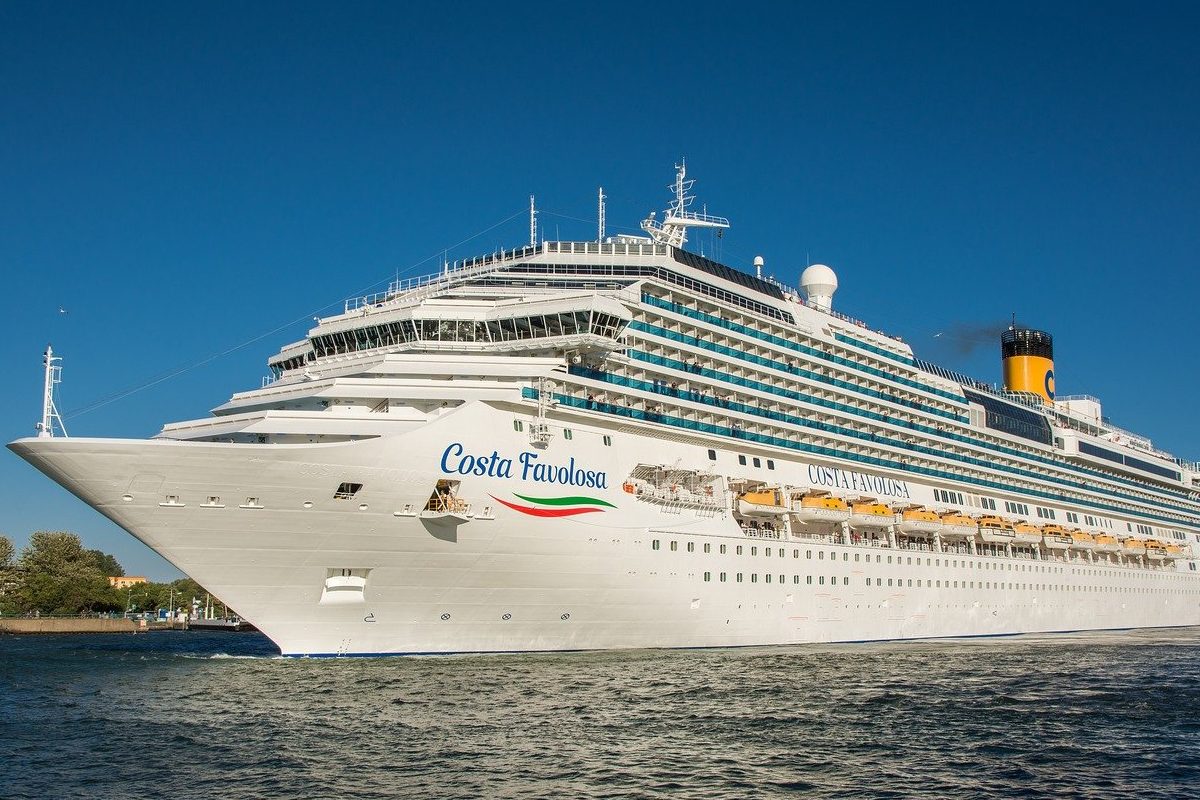Skift Take
Travel agents should've been expecting a development would arise making the sale of cruises difficult since the cruise industry has been so volatile since the start of the pandemic. It's clear to many agents now to find ways to be less dependent on booking cruises.
Many travel advisors viewed the surge in cruise bookings last year as a significant sign that cruises were making a major comeback as large numbers of vaccinated travelers were eager to hop on ships that had been shut down during the height of the pandemic.
But recent Covid outbreaks linked to cruises drove the U.S. Centers for Disease Control and Preventions last month to issue a warning for all travelers, regardless of vaccination status, to avoid traveling by cruise ship. That warning has been a driving factor in travel advisors booking much fewer of those enormously lucrative trips despite several agencies’ valiant attempts to convince travelers that cruises are safe.
It’s also forced travel advisors to focus on avenues other than cruises for sales. Those avenues are on land, not the sea.
“We are seeing a boom in demand for land-based travel to the Caribbean and Mexico,” said Sarah Kline, the president of Maryland-based agency Time For Travel. The company is poised to have its best year ever — it’s made three times as many bookings at this point in 2022 than last year — thanks to the surging popularity of all-inclusive resorts.
“Basically, (clients) are looking for a cruise-like experience on land,” Kline said. “I’ve think we’ve converted some cruisers to all-inclusive lovers.”
Joshua Bush is another travel agency executive experiencing a boost in booking despite the CDC’s warning. The CEO of Pennsylvania-based Avenue Two Travel, which has seen its total cruise sales drop 28 percent since the release of the CDC’s statement, said his company is anticipating that this month will see non-cruise sales of trips 20 to 25 percent higher than January 2020 in large part because the company has focused on the tendencies of repeat customers.
“Everything we do is customized and is done in a consultative way,” Bush said. While Avenue Two Travel has been boosted by popular destinations such as the United Kingdom easing entry requirements and large numbers of new customers seeking advice from advisors, Bush credits creating itineraries based on his clients’ passions — one example being museums — a major reason for the surge in booking for the company.
But developments like the CDC’s warning are doing more than just turning travel advisors toward offering a wider variety of trips for their clients. They’ve also emphasized the need for agencies to diversify their their operations to help prevent downturns one a sector of travel from damaging their bottom lines. Annette Stellhorn is one advisor who’s made it a point to prepare for the future.
“Where we used to be tied to selling and servicing our guest departures, over the past 18 months, we have had more time to consider our business model in general,” said the president and founder of Accent on Travel, a Delaware-based travel agency specializing in cruises.
While Stellhorn is still furious about the CDC’s decision, the company is moving forward with its plans to make numerous improvements, including upgrading its airline search to offer more discounts on business and first class airflights. Accent on Travel has also enhanced its hotel program to include software that offering hotels at discounted rates.
Meanwhile, advisors at the Ensemble Travel Group will also benefit from technology upgrades to help drive sales of their offerings. Ensemble, a consortium of travel agencies based in the U.S. and Canada, has been hit hard by cancellations in the last month and a half — so many that the company’s CEO David Harris said the figure is not too dissimilar to the one it saw at the outset of pandemic in March 2020.
But Ensemble is banking on its “Data Monetization Center” to assist its advisors in selling its offerings to clients — as well as improve all aspects of the customer service experience. Kim Mendes, the consortium’s IT director, said the center is essentially designed the speed up the time it receives supplier data — which can take at least several weeks — and provide the information to agency owners daily.
“It’s part of us being predictive and using data to improve everything from sales to customer service to optimizing how we can make more informed decisions,” Mendes said, adding that the center will help Ensemble’s member businesses become more profitable.
The consortium believes the center will be enormously beneficial to travel agencies and advisors, and it’s reached out to the American Society of Travel Advisors about working with additional groups to gather data that could be shared with participants.
“It is a game changer for Ensemble and the industry,” Harris said.
The Daily Newsletter
Our daily coverage of the global travel industry. Written by editors and analysts from across Skift’s brands.
Have a confidential tip for Skift? Get in touch
Tags: cdc, covid-19, cruise industry, cruises, omicron, omicron variant, travel advisors, travel agents
Photo credit: Travel advisors are heavily dependent on the sales of cruises Seaq68 / Pixabay
